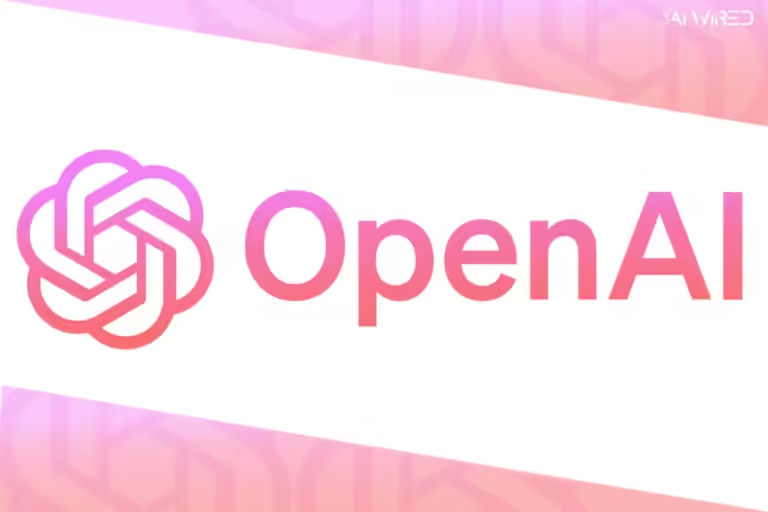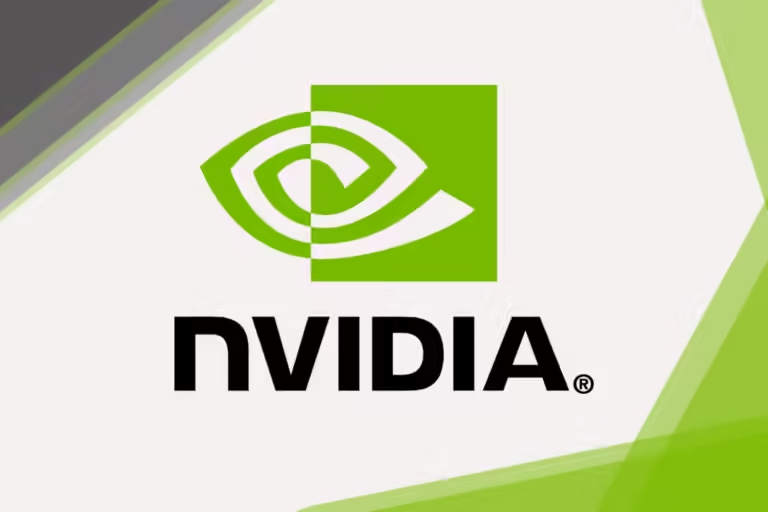
OpenAI Competes with Google’s Gemini 2.0 for Faster AI Reasoning
OpenAI faces competition from Google, which has integrated Gemini 2.0 Flash Thinking, a multimodal AI model designed for faster, better math, physics, and programming reasoning.
Google’s Gemini AI has been steadily changing all year, with updates that show the company wants to compete in the AI market, which is already very crowded. The tech giant released Gemini 2.0 Flash earlier this month. In line with what it says, this model is made for multimodal generative tasks that need to be done faster and better.
Google is now integrating Gemini 2.0 Flash Thinking, an experimental reasoning model, into Gemini 2.0 Flash to enhance its performance. Google designed this model to tackle complex problems in math, physics, and programming.
You can now find this multimodal reasoning model in Google’s AI Studio. The company calls it the “first step” on its “reasoning journey.” The product lead at AI Studio, Logan Kilpatrick, called the model an early test of using “thoughts to strengthen reasoning.”
He said that Gemini 2.0 Flash Thinking, like most AI reasoning models, tries to check its facts by breaking problems down into smaller tasks before coming up with a solution.
For example, the model can explain how to solve complicated equations step-by-step, which is similar to how humans solve problems. However, early tests have shown that the model is not always accurate, as it struggled with simpler tasks such as counting letters.
This update also shows that Google is getting tougher on OpenAI. A few weeks ago, the company responsible for creating ChatGPT released the complete version of its 01 reasoning model. It also recently released the O3 Model, which is better at AI reasoning.
But both Google’s and OpenAI’s reasoning models have a big problem: they need a lot of computing power, which makes them take longer to respond.
Google’s Path to Competing
For Google to stand out in this field, it would need to offer a reasoning model that is better than OpenAI’s o1 and costs much less than OpenAI’s top-tier reasoning model, which costs $200 per month.
However, since Gemini 2.0 Flash Thinking is still in the testing phase, it’s too early to speculate on its cost. And because reasoning models usually have higher running costs, it will be fascinating to see how Google sets the price of its model.
However, Google claims to have invested significant funds in this field and employs over 200 researchers to enhance its reasoning AI.
Alibaba and DeepSeek are also putting significant effort into enhancing their reasoning AI, placing pressure on Google to demonstrate the practical application of its multimodal skills and structured problem-solving approach in real-world scenarios.


